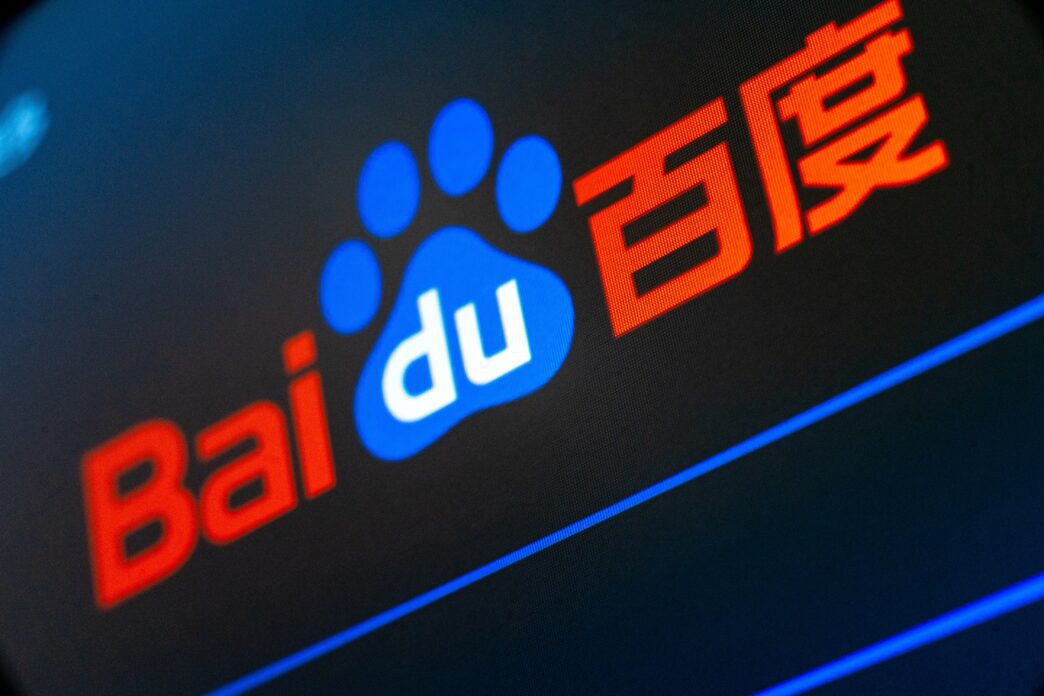Executive Summary
The Story So Far
Why This Matters
Who Thinks What?
Baidu, the Chinese technology giant, unveiled two new artificial intelligence semiconductors and advanced “supernode” computing products in Beijing on Thursday, November 13. The announcement, made at its annual Baidu World technology conference, underscores China’s drive for domestic self-sufficiency in computing power, particularly amid escalating U.S. restrictions on advanced AI chip exports to Chinese firms. These new offerings aim to provide Chinese companies with powerful, low-cost, and indigenously controlled AI capabilities.
New AI Chips and Supernodes
The new chips, named M100 and M300, are designed to bolster China’s AI infrastructure. The M100, an inference-focused chip, is slated for release in early 2026, while the more comprehensive M300, capable of both training and inference, is expected in early 2027. Training involves building AI models from large datasets, whereas inference applies these models to process user requests and make predictions.
Baidu also introduced two “supernode” products, which leverage advanced networking to link multiple chips, aiming to overcome limitations in individual chip performance. The Tianchi 256, comprising 256 of Baidu’s P800 chips, will be available in the first half of 2026. A more powerful version utilizing 512 of those chips is scheduled for launch in the second half of the same year.
Competitive Landscape
This development follows similar moves by other Chinese tech firms in the competitive AI hardware space. Huawei, for instance, has deployed its CloudMatrix 384 product, which utilizes 384 of its Ascend 910C chips. Industry observers consider Huawei’s offering to be more powerful than Nvidia’s GB200 NVL72, a leading U.S. system-level product. Huawei also announced plans in September for more powerful supernode products in the coming years.
Enhancing AI Capabilities
Further enhancing its AI ecosystem, Baidu revealed an updated version of its Ernie large language model. The company stated that this new iteration excels not only in text processing but also demonstrates proficiency in image and video analysis. Baidu has been developing proprietary chips since 2011, reflecting a long-term strategic commitment to domestic AI hardware.
Strategic Implications
Baidu’s latest hardware and software innovations highlight China’s concerted efforts to build a robust, self-reliant artificial intelligence supply chain. These advancements are critical for the nation’s technological independence, ensuring access to advanced computing power despite external export controls. The strategic focus on domestic development is set to shape the future landscape of AI in China.








